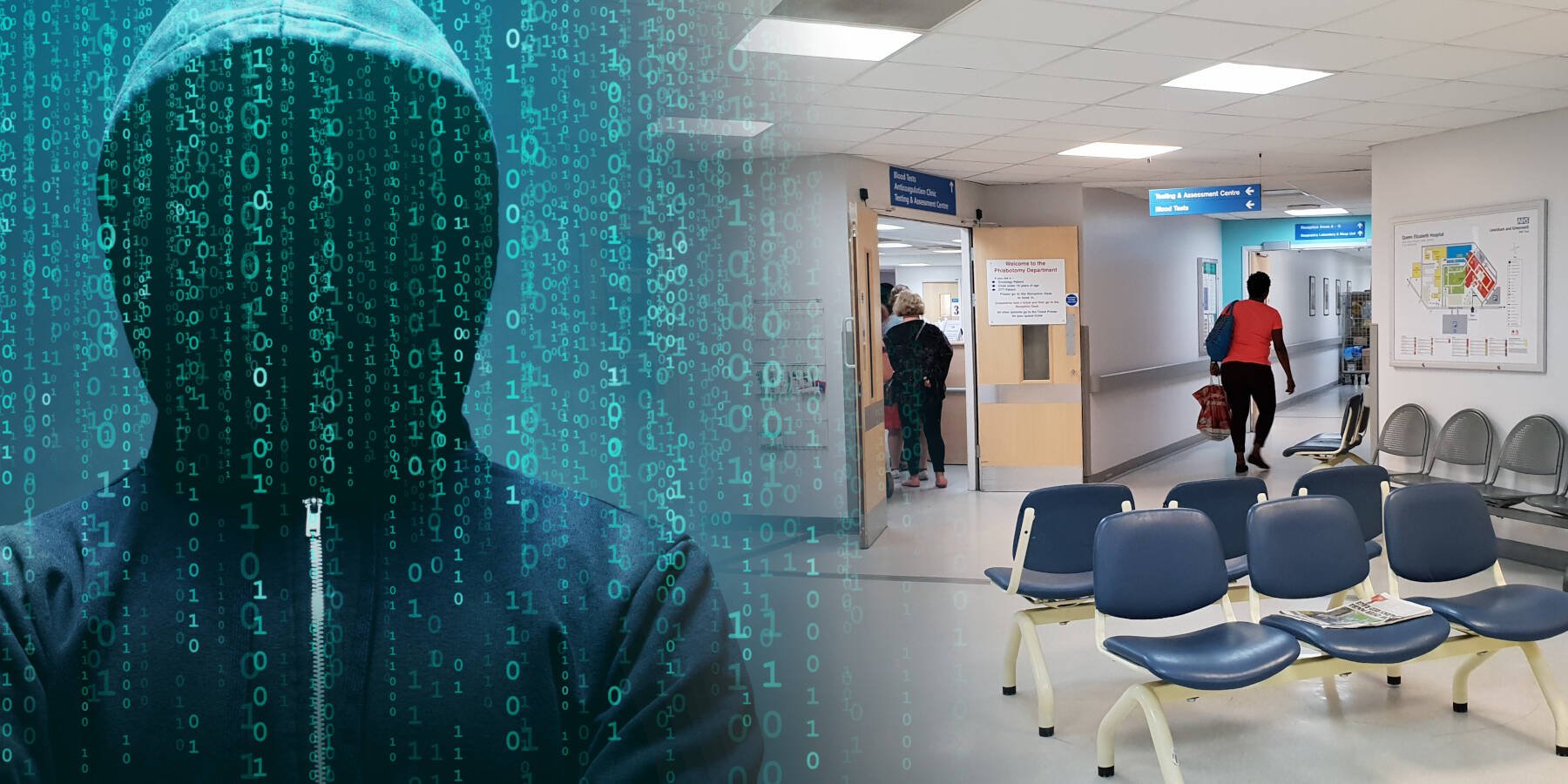Daily News Update: Tuesday, March 11, 2025 (Australia/Melbourne)

This post is an AI-generated summary of News Articles from a handful of publications over the last 24 hours. No credit is taken for the contents of said articles or the accuracy thereof.

Executive Summary
This article summarizes critical cybersecurity news and incidents, highlighting significant developments across various sectors. Key topics in focus include:
- New Cyberattack Reporting Requirement in Switzerland: Effective April 1, 2025, Swiss critical infrastructure organizations must report cyberattacks within 24 hours, under an amendment to the Information Security Act.
- Shift in Tactics by Sidewinder APT: The Sidewinder group is expanding its target range, focusing more on maritime and nuclear organizations, and employing old vulnerabilities for infiltration.
- Phishing Campaign Exploiting Trump Coin: A recent email phishing scheme poses as Binance, enticing users with Trump Coin, while deploying a malicious version of the ConnectWise RAT.
- FTC Refunds to Victims of Tech Support Scams: Over $25 million will be distributed by the FTC to consumers misled by tech support firms using deceptive practices.
- Rhysida Attacks U.S. Healthcare Organizations: Data breaches at two healthcare organizations compromised the personal and medical information of over 300,000 patients.
New Cyberattack Reporting Requirement in Switzerland

Switzerland's National Cybersecurity Centre (NCSC) announced that as of April 1, 2025, critical infrastructure organizations must report cyberattacks within 24 hours of discovery. This requirement addresses the rising number of cybersecurity incidents impacting the country.
Key points include:
- Types of Required Reports: Organizations must report incidents that might compromise the operation of critical infrastructure, including unauthorized encryption, data exfiltration, malware installations, and instances of extortion.
- Penalty for Non-Compliance: The law introduces a leniency period ending October 1, 2025. Post this period, entities failing to report attacks could incur fines up to CHF 100,000 (approximately $114,000).
- Impacted Entities: The mandate applies to utilities, transportation organizations, and local government bodies.
According to the NCSC, this new requirement aligns with the EU NIS Directive, signifying a landmark move in enhancing national cybersecurity infrastructure.
Bleeping Computer | "Swiss critical sector faces new 24-hour cyberattack reporting rule"
Shift in Tactics by Sidewinder APT

Kaspersky researchers highlighted a tactical shift by the advanced persistent threat (APT) group, Sidewinder. Having originally focused on government sectors in regions like China and Africa, Sidewinder is now targeting maritime and nuclear organizations, particularly in South Asia.
Highlights from the report include:
- Attack Methodology: They exploit known vulnerabilities (specifically RCE bugs) delivered through spear-phishing emails. For instance, malicious DOCX attachments are used to initiate infections.
- Recent Focus Areas: Sidewinder has notably intensified its campaigns against nuclear power facilities and maritime sectors.
- Tools and Approach: The notorious StealerBot, a tool used by Sidewinder, continues to evolve. Researchers warned about the sophisticated nature of their attacks despite reliance on older vulnerabilities.
Sidewinder's operational evolution shows a growing ambition and threat landscape concerning critical infrastructure sectors.
The Register | "Sidewinder goes nuclear, charts course for maritime mayhem in tactics shift"
Phishing Campaign Exploiting Trump Coin

A malicious email campaign is targeting potential investors in Trump's cryptocurrency, utilizing the Binance platform as a cover.
Important details:
- Deceptive Practices: Emails mimic Binance communications, promising TRUMP coin earnings through efforts like installing software.
- Malware Deployment: Unsuspecting users who follow the email instructions will inadvertently download a malicious version of ConnectWise RAT, allowing hackers to rapidly access victim PCs.
- Context of the Attack: The email campaign is part of a broader strategy, as ConnectWise has become popular for cybercriminals due to its legitimate functionalities and ease of use.
Cybersecurity analysts underscored the urgency for users to verify the legitimacy of such crypto-related opportunities to avoid falling prey to scams.
The Record | "Scam spoofs Binance website and uses TRUMP coin as lure for malware"
FTC Refunds to Victims of Tech Support Scams

The FTC is set to distribute over $25.5 million in refunds to nearly 736,375 consumers who fell victim to the deceptive practices of tech support companies, Restoro and Reimage.
Key points:
- Deceptive Marketing Practices: The companies advertised unnecessary computer repair services using misleading pop-ups and claims of infection to lure customers into purchasing expensive repair plans.
- Method of Distribution: Eligible recipients will receive a payment notification via email in the upcoming days, which must be redeemed through PayPal.
- Regulatory Actions: Besides this refund initiative, the FTC has flagged multiple other actions against firms violating consumer rights through misleading tactics.
The ongoing vigilance and actions by the FTC highlight the prevalence of scams in the tech industry.
Bleeping Computer | "FTC will send $25.5 million to victims of tech support scams"
Rhysida Attacks U.S. Healthcare Organizations

Two U.S. healthcare organizations, Sunflower Medical Group and Community Care Alliance, experienced significant data breaches resulting in the compromise of over 300,000 patients' records.
Details include:
- Breach Timeline: Sunflower reported a breach where attackers operated undetected for nearly a month, stealing a wealth of sensitive personal and medical data.
- Rhysida’s Claim: The hacking group Rhysida announced responsibility for these breaches, boasting substantial amounts of compromised data including SSNs and medical histories.
- Response and Recovery: Both organizations have committed to strengthening their security measures to prevent future incidents and have offered credit monitoring services to affected individuals.
This incident raises serious concerns regarding the cybersecurity posture of healthcare organizations, stressing the need for robust security frameworks.
The Register | "Rhysida pwns two US healthcare orgs, extracts over 300K patients' data"
Metadata
Keywords: Cybersecurity, Reporting Obligation, Sidewinder APT, Phishing, Trump Coin, Tech Support Scams, Rhysida, Data Breach, FTC Refunds, Healthcare Security, Cyberattack.





